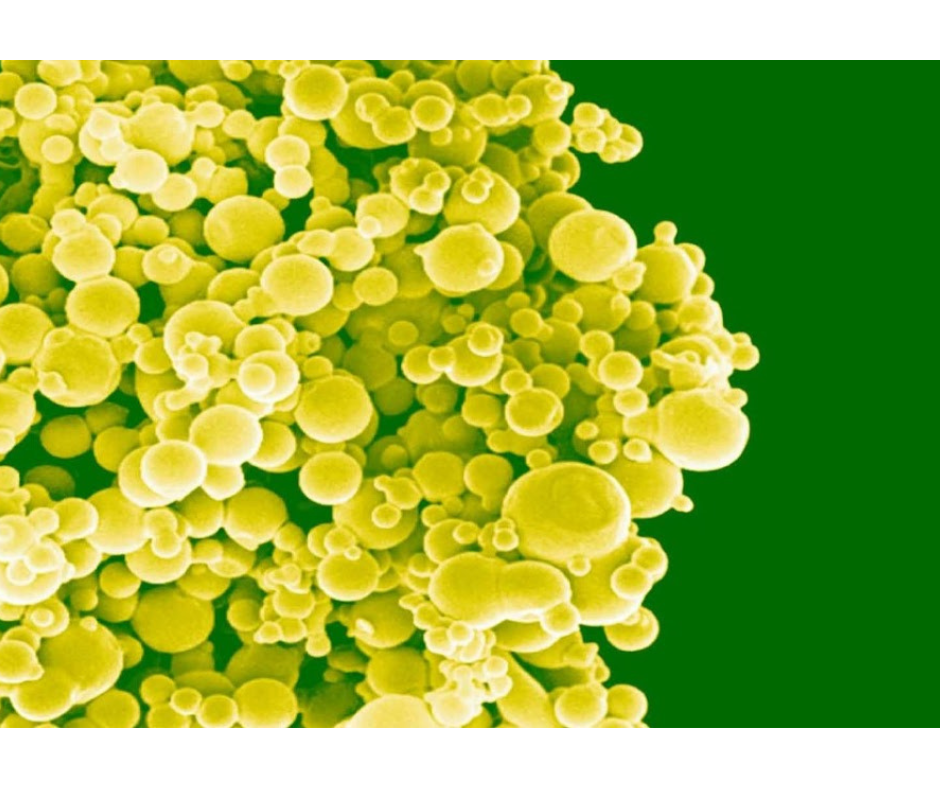
The Most Important Advantages of Liposomal Vitamin C
What is a liposome?
A liposome is a small bubble of synthetic fat in which nutrients are encapsulated and is able to make them reach the cells. Manufactured by a nanotechnological process, the liposome is obtained from phospholipids, usually sunflower or soy lecithin.
The fatty composition of the liposome, similar to the structure of human cell membranes, allows it to easily circulate through the body, resist the acidity of the stomach and cross the digestive barrier. This ability is enhanced by the small size of this lipid vesicle that can easily pass through the cracks of cell walls.
What is the benefit of this form of Vitamin C?
Here are the 3 main benefits of liposomal vitamin C:
Has exceptional cellular simulation
The liposomal process allows to multiply by ten the assimilation of vitamin C by the cells. The absorption rate reaches 90%, compared to 20% of other oral forms of vitamin C.
Perfect intestinal tolerance
Liposomal vitamin C does not cause digestive problems, as can sometimes occur with classic forms of vitamin C (intestinal problems, heartburn).
A more stable and lasting diffusion
Due to their nature, liposomes are not eliminated by the kidneys. Thus, the concentration of vitamin C in the body remains high for a long time.
